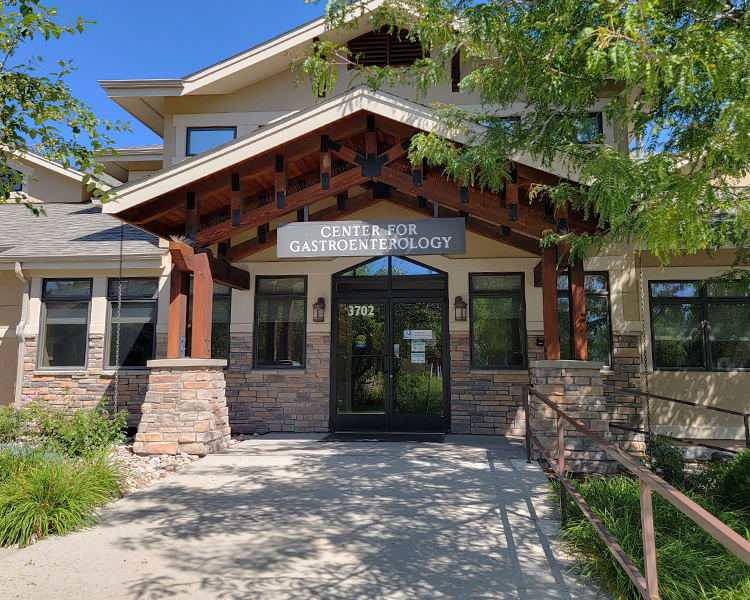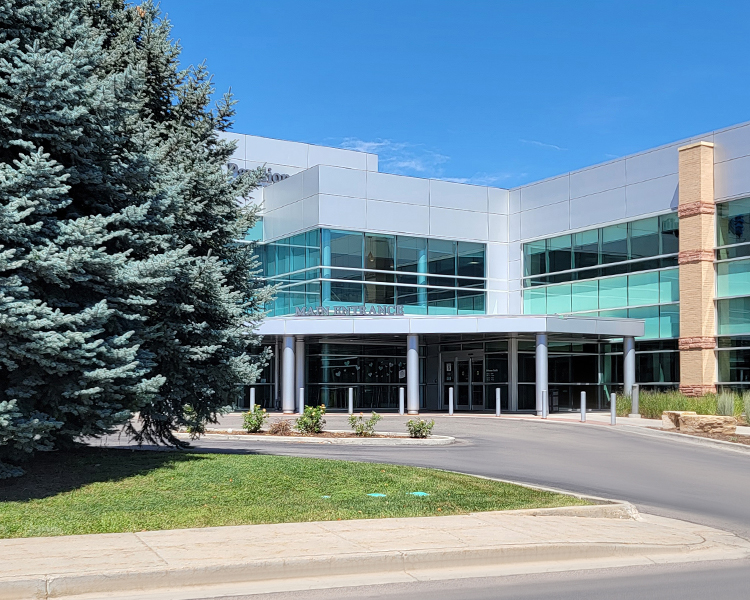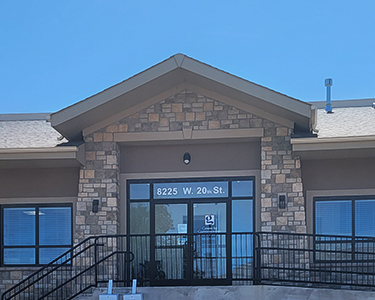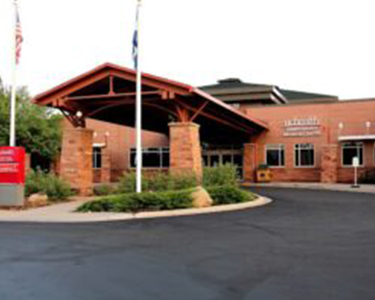March is Colorectal Cancer Awareness Month– taking the time to learn more about colorectal cancer (or colon cancer) could potentially save your life in the future. With colorectal cancer rates going up, understanding the warning signs and symptoms and knowing what you can about them never hurts!
Let’s take a look at what you need to know about colorectal cancer to further your awareness and potentially help those close to you should they develop symptoms of their own.
What Is Colorectal Cancer?
As the name suggests, colorectal cancer is a type of cancer that forms in the large intestine, growing slowly and affecting this portion of the digestive system as well as other nearby parts of the body if it’s allowed to spread. Colon cancer isn’t always easily detectable early on, which is why awareness and screening are so important in today’s world.
What Are Some of the Early Warning Signs and Symptoms?
Paying attention to your bowel movements and any changes in how you feel can mean the difference between catching colorectal cancer before it progresses or not catching it until it’s much more impactful. Some of the early warning signs and symptoms that those with colorectal cancer may encounter include:
- Anemia
- Fatigue
- Weakness
- The sensation of needing to go to the bathroom without physically needing to go
- Pain in the lower back
- Stomach cramps or abdominal pain
- Bloating and discomfort
- Sudden and unexplained weight loss
- Changes in bathroom habits or changes in stool appearance, like narrow stool or bloody stool
Taking care to pay attention to your bowel habits and taking any persistent symptoms seriously can help you get the treatment you need to tackle colorectal cancer early.
Who Should Get Screened and When?
You might be wondering if you’re someone who should get regular screenings for colorectal cancer, and you might be surprised to learn you could be a part of the population that needs them. Recently, the screening age dropped from age 50 to age 45 as more and more people are starting to develop colorectal cancer at a younger age.
Of course, some populations are at greater risk for developing colorectal cancer. These include African Americans, those with a family history of colorectal cancer, and individuals with Chron’s disease. Schedule a colonoscopy if you’re at risk of developing colorectal cancer, if you’re at the age where regular screenings are important, or if you’re developing troubling symptoms that could point to a bigger issue.
Stay on Top of Your Symptoms With Centers for Gastroenterology
Here at Centers for Gastroenterology, we’re dedicated to providing a premium level of care for those in Loveland, Greeley, Fort Collins, and Steamboat Spring, Colorado, who are looking into digestive system issues and beyond. If Colorectal Cancer Awareness Month has made some of your issues more apparent to you, schedule an appointment with us today!






